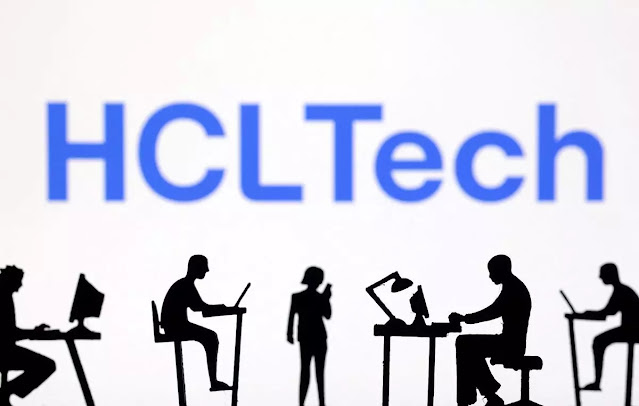What happened to the artificial-intelligence revolution?
The AI revolution is actually still ongoing! It's not a singular event, but rather a long-term trend of AI development and its increasing impact on our world.
Here's why you might not hear about a single, defining moment:
- Gradual Change: AI advancements are happening constantly, but often in subtle ways that integrate into existing systems. You might interact with AI daily without even realizing it, like with recommendation algorithms or chatbots.
- Focus on Specific Areas: AI research is concentrated on solving particular problems in various fields, from medicine to finance. So breakthroughs may be happening behind the scenes in specific industries, rather than a universal AI uprising.
- Medicine: AI is being used to analyze medical images for faster and more accurate diagnoses.
- Finance: Fraud detection and algorithmic trading are areas where AI is having a major impact.
- Climate Change: AI is being used to model weather patterns and optimize energy use.
These focused advancements contribute to the overall progress of AI, even if they don't make headlines every day.
While there may not be a single "AI revolution" moment, the combined effect of these gradual changes and focused research is undeniably transforming our world. So, the lack of a dramatic shift doesn't diminish the significance of what's happening with AI!
However, there's no doubt AI is having a major impact. Here are some signs of the ongoing revolution:
- Disruption Across Industries: AI is transforming how businesses operate in everything from manufacturing to customer service.
- Data-Driven Decisions: AI helps analyze massive datasets, giving businesses and organizations powerful insights for better decision-making.
- Evolving Technology: Machine learning and deep learning techniques are constantly being improved, leading to more sophisticated AI applications.
Certainly! Let's delve deeper into evolving technology, a key driver of the AI revolution. Here are some exciting areas of AI development:
Explainable AI (XAI): Traditionally, AI models could be complex "black boxes". XAI aims to make them more transparent, allowing humans to understand the reasoning behind their decisions. This is crucial for building trust and ensuring ethical use of AI.
Generative AI: This branch of AI can create entirely new data, like realistic images, music, or even text formats. It's being used for everything from creating personalized marketing materials to developing new drugs.
Neuromorphic Computing: This is a new architecture inspired by the human brain. It uses brain-like structures to process information, potentially leading to faster, more efficient AI system
Quantum Machine Learning: While still in its early stages, this field explores using quantum computers for machine learning tasks. Quantum computers have the potential to solve certain problems exponentially faster than traditional computers, which could revolutionize AI capabilities.
These are just a few examples, and the field of AI is constantly evolving. It's an exciting time to be following these developments and see how they continue to shape the world!
COMPILED BY: NEERAJ KHATRI




Comments
Post a Comment